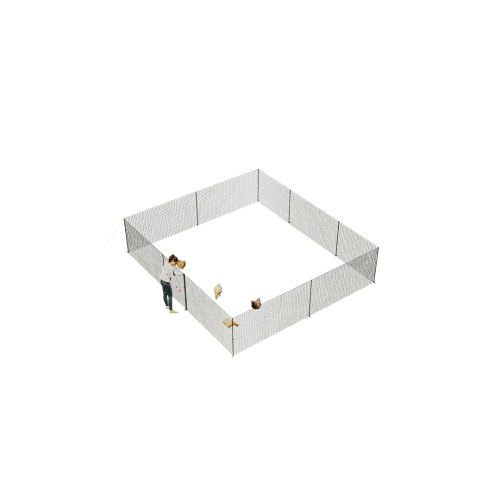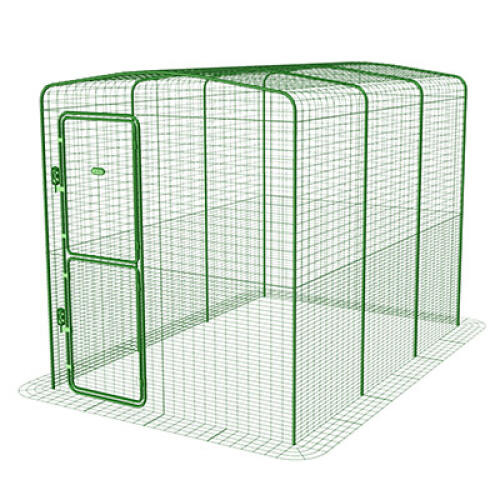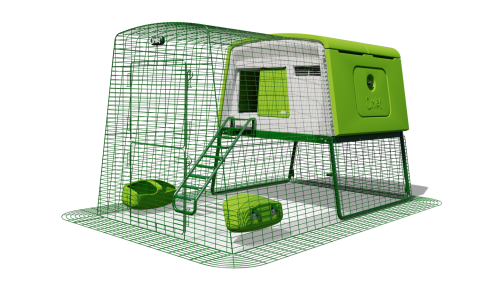Chickens love to eat worms (the ones that live in the ground) but unfortunately we are not talking about those type of worms in this section. Like all other animals chickens can suffer from parasitic worms, and will need regular worming to prevent them becoming infected. It is much easier to prevent worms rather than treat worms.
There are three types of parasitic worms that chickens can contract:
- Roundworms - There are a few different types of roundworms including threadworms, hairworms, and the large roundworm which is most common. These can be found anywhere in your chickens digestive system. You may be able to see the worms in your chicken's droppings.
- Gapeworms - These worms attach themselves to the trachea of the chicken. A chicken with Gapeworms will ‘gape’ which is where they appear to be gasping for air and will stretch their head and neck up to the sky. It is more common for these worms to be picked up through intermediate hosts such as worms, slugs, and snails.
- Tapeworms - These worms attach themselves to the lining of the intestine. These are less common but can significantly weaken your chickens immune system.
The Lifecycle Of Worms
The life cycle of worms mean that getting rid of these pesky beasties can be particularly hard. Your chickens can directly or indirectly ingest worm eggs. Direct ingestion means they will eat the worm egg. Indirect ingestion means they will eat a worm or another bug that is the host of the worm egg. The worms will then happily live inside your chicken reproducing and laying eggs which will be passed out in your chickens droppings and the cycle begins again. If your chickens are infected it is much easier to get rid of the worms if you move your chickens to a new grazing area regularly. This is so your chickens won’t be continually ingesting the worm eggs which are in your chickens droppings.
Symptoms
It can be hard to tell if your chickens have worms which is why prevention and regular worming is important. A chicken with worms will go off lay, may have diarrhoea, will eat more, and in severe cases will lose weight. A serious infection can be fatal. Chickens with Gapeworm will stretch their neck gasping for air.
Prevention
Preventing worms is much easier to do than to treat a worm infection. You can prevent worms using a number of products. Omlet stock a range of herbal worming treatments such as Verm-X that can be administered to your chickens feed or water every month. Your other option for prevention of worms is a to use a chemical called Flubenvet which can be administered every 3-6 months. Apple cider vinegar is another natural remedy that is not only a natural wormer but good for your chickens overall health. A teaspoon of this per litre of water regularly will be sufficient to keep your chickens in tip top condition.
Treatment
You will need to regularly (preferably every day until you think your chickens are worm free) move your chickens onto a new grazing area to stop them from continually ingesting worms. If you can’t move your chickens then you can buy products to sanitise the ground to kill the worms. Keeping the grass short will help as the sun's UV rays will damage and kill the eggs. If you suspect your chickens have Gapeworm then you will need to use chemical treatment such as Flubenvet or Solubenol which you can get from licensed sellers or the vet. Herbal treatments such as Verm-X should be able to deal with other types of worms.






Commenti
There are no comments just yet